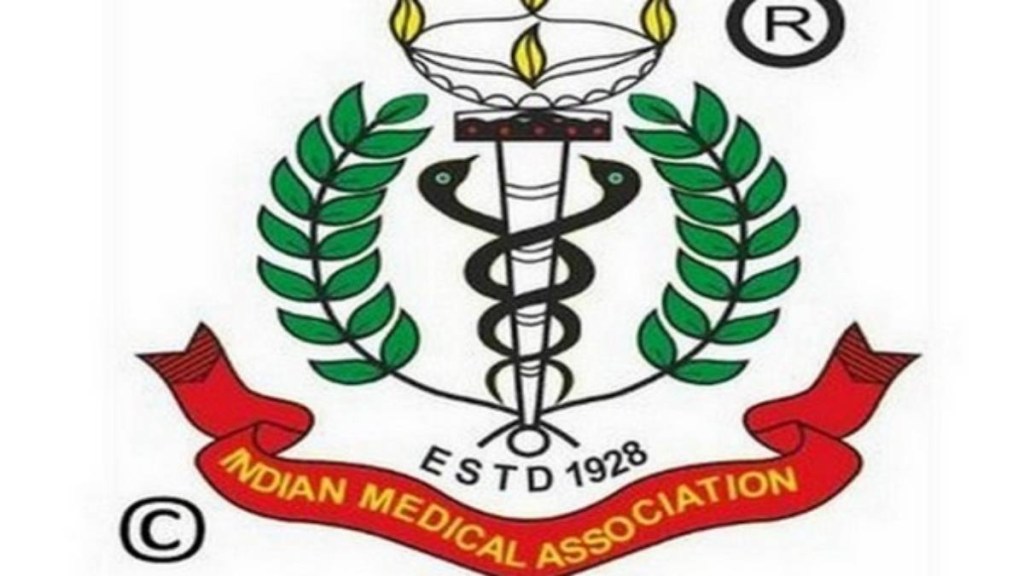In an unexpected turn of events, the Supreme Court on Tuesday raised questions to the petitioner, the Indian Medical Association (IMA), while hearing the case of Patanjali Ayurved’s misleading advertisements involving Yoga guru Ramdev and his associate Balkrishna.
The IMA was reprimanded by Justices Hima Kohli and A. Amanullah for comments made by its president RV Asokan during an interview. The bench questioned the IMA: “You say (the) other side (Patanjali Ayurved) is misleading, running your medicine down, but what were you doing?”
Senior Advocate PS Patwalia, representing the IMA, explained that Asokan’s remarks were inadvertent, but the court expressed dissatisfaction with the response, emphasising the seriousness of the matter.
In an interview, Asokan termed the verbal observations made by the SC during Patanjali’s misleading advertisements case against allopathy practitioners as “unfortunate and very vague and general statement which has demoralized the doctors”.
The court firmly conveyed that it did not seek commendation but expected the IMA to maintain decorum, especially given the sensitivity of the ongoing legal proceedings. Despite Patwalia’s request for leniency and acknowledgement of Asokan’s regret, the court maintained its stance.
“See the manner in which the matter was proceeding. The views of the court equally apply to you.”
Balkrishna, the managing director of Patanjali Ayurved, lodged a complaint against Asokan’s interview, alleging interference with the court’s proceedings and seeking action against the IMA president.
These developments mark a significant shift following the court’s earlier criticism of Ramdev and Balkrishna for misleading advertisements promoting Patanjali products as remedies for various health conditions. Despite multiple apologies from the defendants, the court remained firm, underscoring the gravity of their actions.
The IMA’s petition against Ramdev and Patanjali had initially raised concerns about the disparaging portrayal of allopathy and doctors in the company’s advertisements, accusing them of spreading misinformation about the efficacy of Patanjali products in curing diseases.

